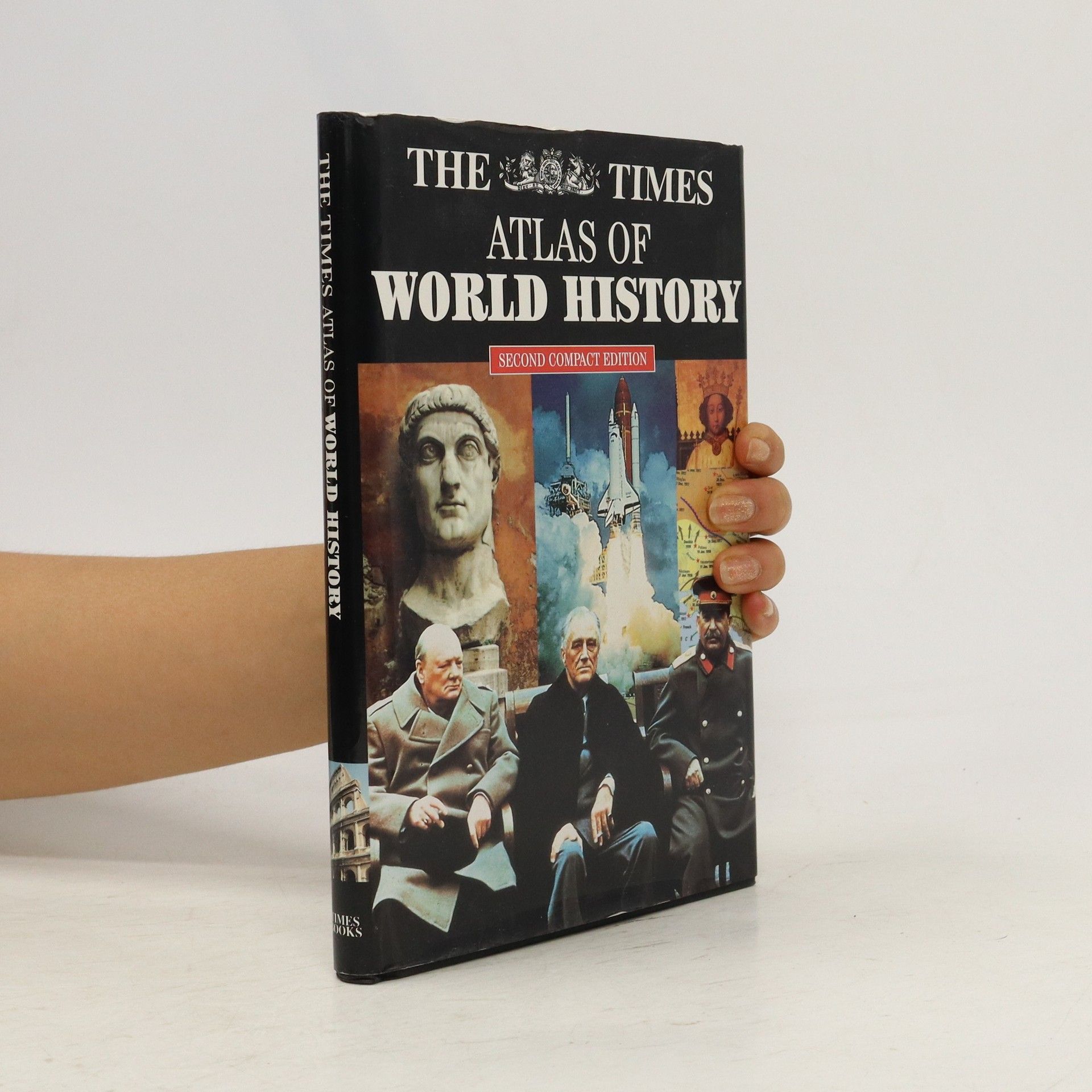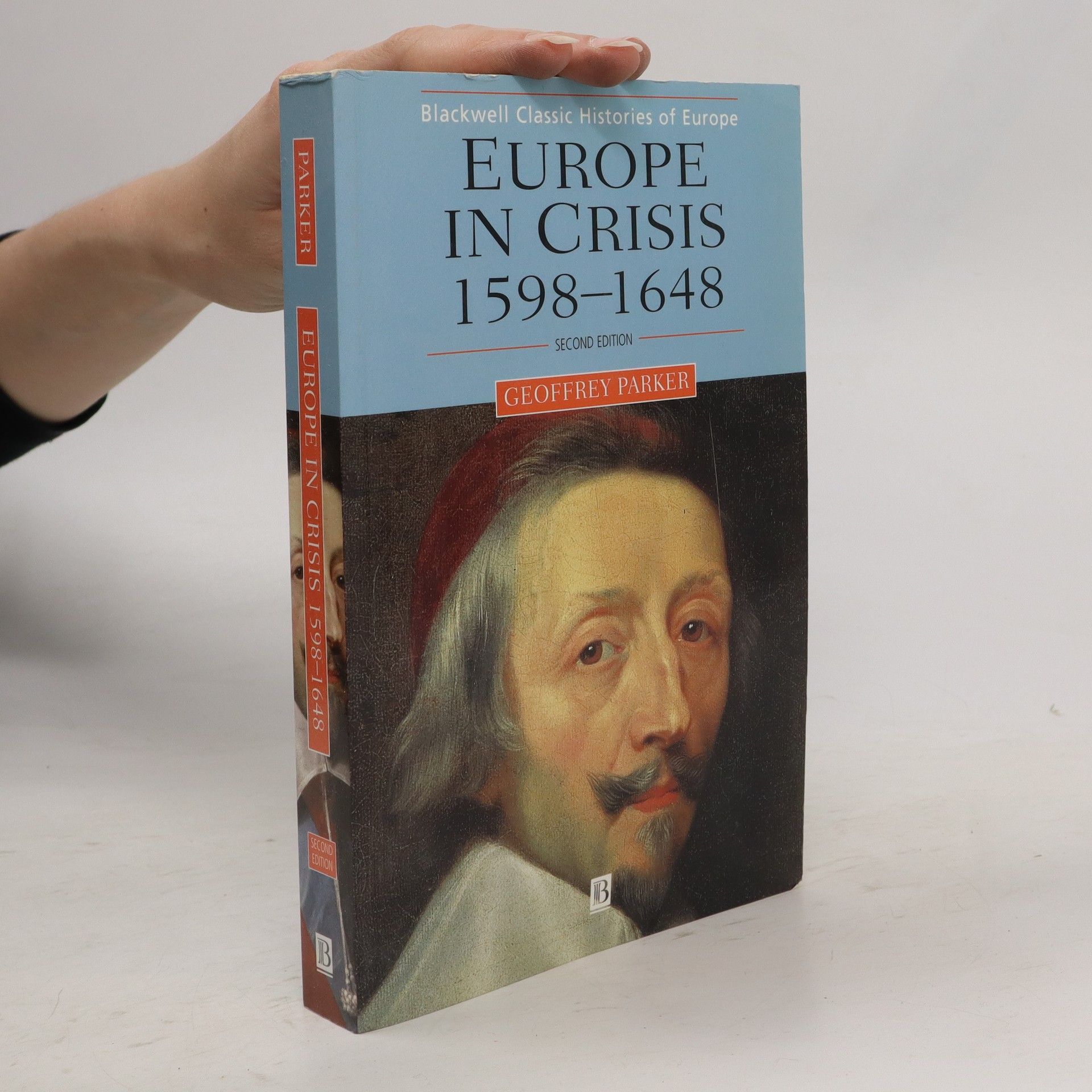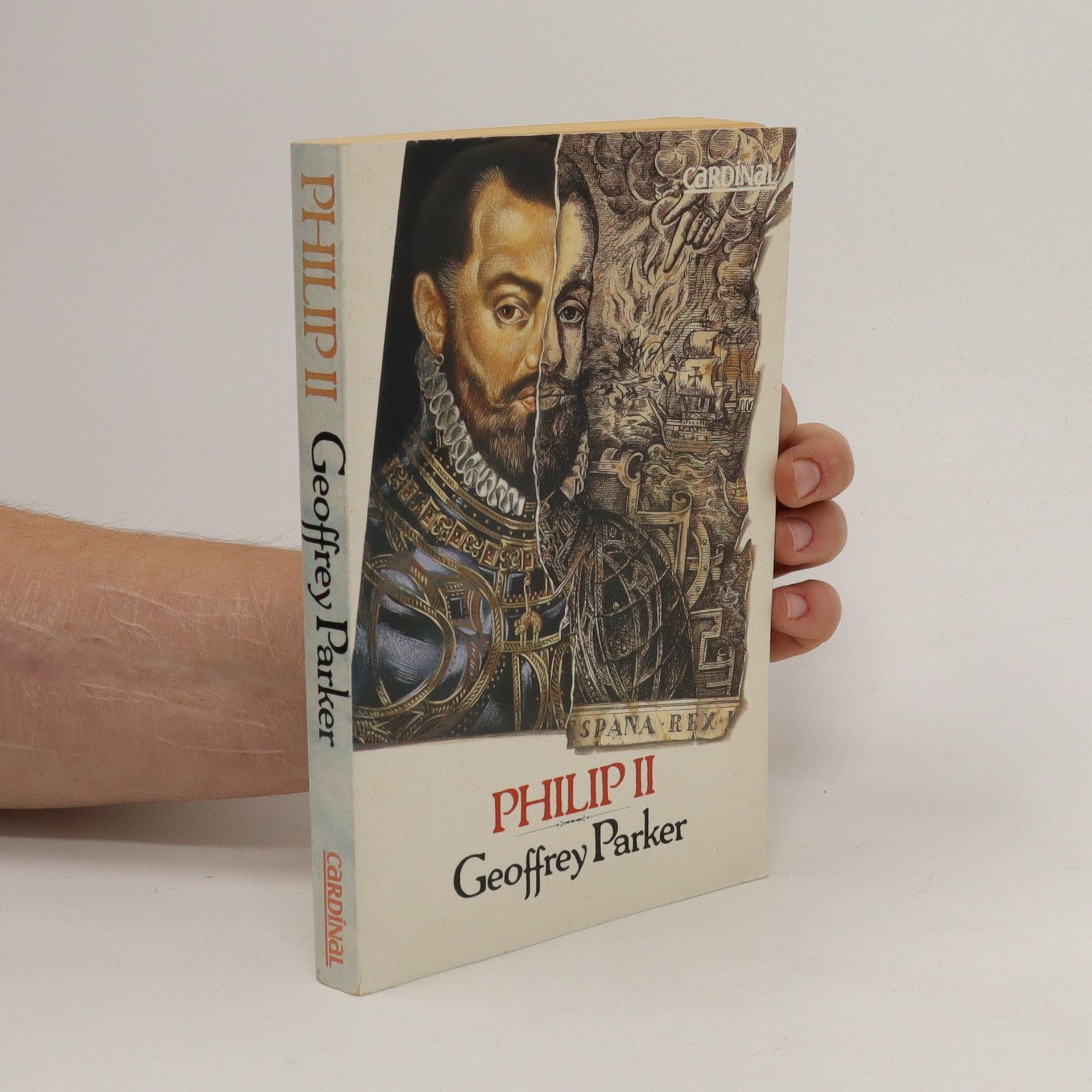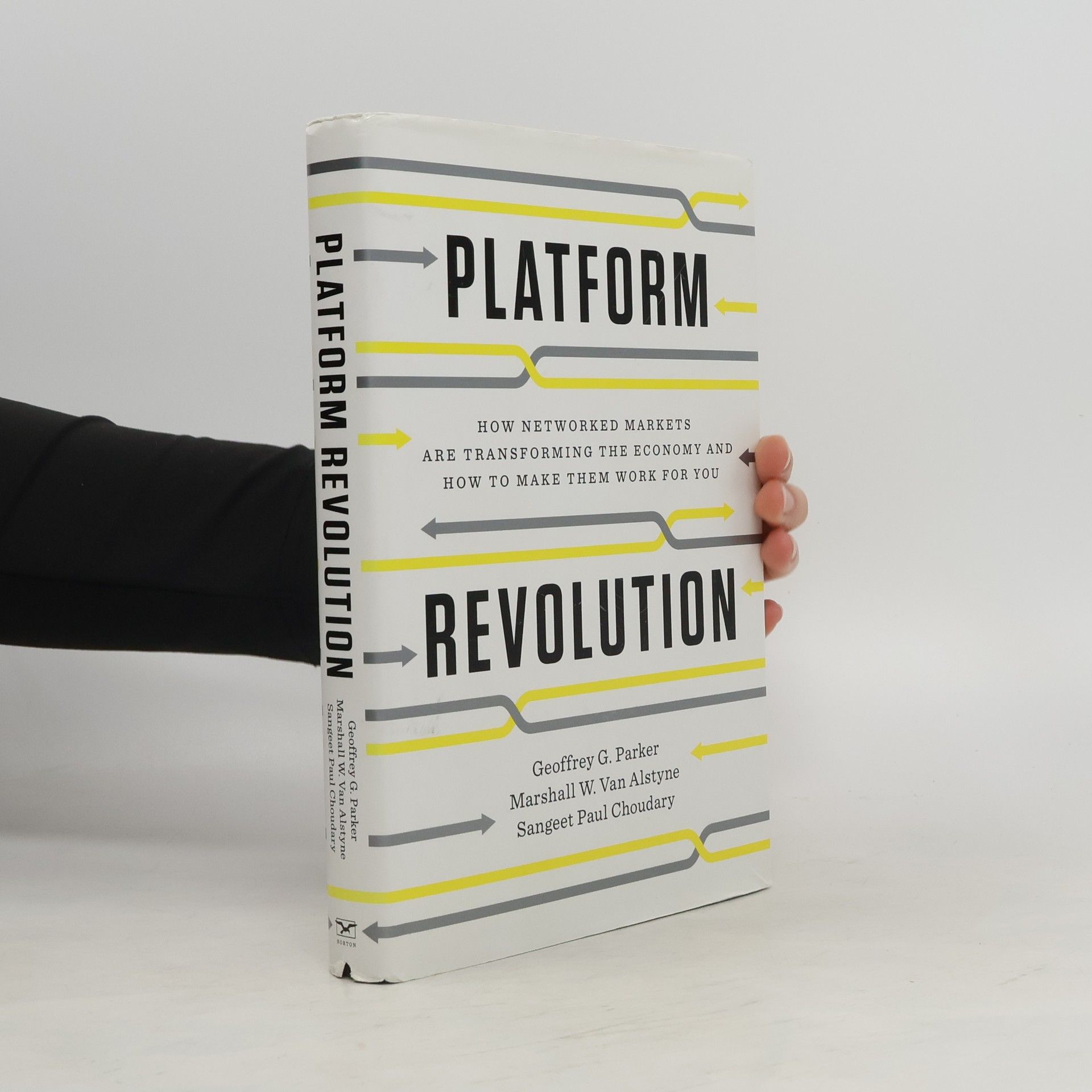Geoffrey Parker Libros
Geoffrey Parker es un historiador preeminente cuyo trabajo ilumina los paisajes sociales, políticos y militares de la Europa de la temprana modernidad. Examina meticulosamente los cambios epocales en la guerra y la gobernanza, revelando su profundo impacto en la trayectoria de la civilización occidental y las dinámicas de poder globales. Los perspicaces análisis de Parker exploran la compleja interacción de conflicto, clima y catástrofe, ofreciendo a los lectores una comprensión sofisticada de las transformaciones históricas.







Felipe II fue el creador del Estado más avanzado de su tiempo, que culminó la formación del primer imperio global jamás conocido. Llegó a gobernar sobre la cuarta parte de la población mundial. En esta nueva edición –actualizada y revisada– de la biografía, que ya es, sin dudas, la mejor y más completa jamás escrita sobre el Rey Imprudente, Geoffrey Parker ha sabido aprovechar una vez más, con su habitual agudeza, el inmenso caudal de documentación que ha estado reuniendo desde hace sesenta años. Parker, tan interesado por la alta política como por la vida íntima, logra derribar definitivamente la imagen estereotipada que durante cuatro siglos han transmitido los detractores y apologistas del rey. Gracias a la consulta de los millares de cartas que el monarca escribió de su propia mano a lo largo de su vida, el autor nos introduce en los numerosos sucesos de los que Felipe II fue protagonista durante su largo reinado.
Armada
The Spanish Enterprise and England's Deliverance in 1588
The definitive history of the Spanish Armada, lavishly illustrated and fully revised
Emperor
- 760 páginas
- 27 horas de lectura
Drawing on vital new evidence, a top historian dramatically reinterprets the ruler of the world's first transatlantic empire The life of Emperor Charles V (1500-1558), ruler of Spain, Germany, the Netherlands, and much of Italy and Central and South America, has long intrigued biographers. But the elusive nature of the man (despite an abundance of documentation), his relentless travel and the control of his own image, together with the complexity of governing the world's first transatlantic empire, complicate the task. Geoffrey Parker, one of the world's leading historians of early modern Europe, has examined the surviving written sources in Dutch, French, German, Italian, Latin, and Spanish, as well as visual and material evidence. He explores the crucial decisions that created and preserved this vast empire, analyzes Charles's achievements within the context of both personal and structural factors, and scrutinizes the intimate details of the ruler's life for clues to his character and inclinations. The result is a unique biography that interrogates every dimension of Charles's reign and views the world through the emperor's own eyes.
Atlas of World History
- 176 páginas
- 7 horas de lectura
"Using dynamic full-colour mapping and lucid texts, this small-format atlas brings the story of humanity within everyone's reach. From the emergence of man two million years ago to the world on the eve of the year 2000, this fully updated edition [to 1997] covers all the major developments in the human story."
The publication of The Army of Flanders and the Spanish Road in 1972 marked the birth of the "new military history", which emphasized military organization--mobilization, pay, supply, morale and, above all, logistics--rather than military "events" such as sieges and battles. Constantly cited since its first publication in English (with translations into Spanish and Dutch), this revised updated second edition includes new sources and references but otherwise remains faithful to the original edition. First Edition Hb (1972): 0-521-08462-8 First Edition Pb (1975): 0-521-09907-2
In the new edition of this classic book, Geoffrey Parker draws on material from all over Europe to provide an authoritative and exciting account of the eventful first half of the seventeenth century.
Philip II
- 238 páginas
- 9 horas de lectura
In this spellbinding biography, the definitive work on Philip, Geoffrey Parker drew upon a vast, previously untapped collection of the king's private correspondence, in which he expressed his emotions, personal thoughts, and social philosophy. This new edition has a Bibliographical Essay, evaluating the many new works on Philip published on and around the 400th anniversary of his death.
Platform Revolution
- 336 páginas
- 12 horas de lectura
An inside look at the revolutionary business power of the platform-from the experts who helped discover how it works.
In the late summer of 1588 Philip II's Armada of 130 ships, having failed to invade England, disappeared into the northern seas. But what was the reality of the Spanish threat, and why did it fail? 400 years later, this handsome book answers these questions by drawing on a wealth of new evidence. Geoffrey Parker has found and analysed a huge quantity of previously unstudied material in the great archives of Spain and the Netherlands, and this information has dramatically been complemented and augmented by the discoveries from the Armada wrecks, three of which have been excavated underwater by Colin Martin. Using these unique first-hand sources, on which they have been working together since 1973, the two authors have put together the pieces of the puzzle in a way never before possible. The Spanish Armada is at last fully explained, and some unexpected conclusions reached. In the process several long-established myths are laid to rest. Above all, this book tells a story - a story which brings to life on eof the most colourful, exciting and engrossing events in all history.



